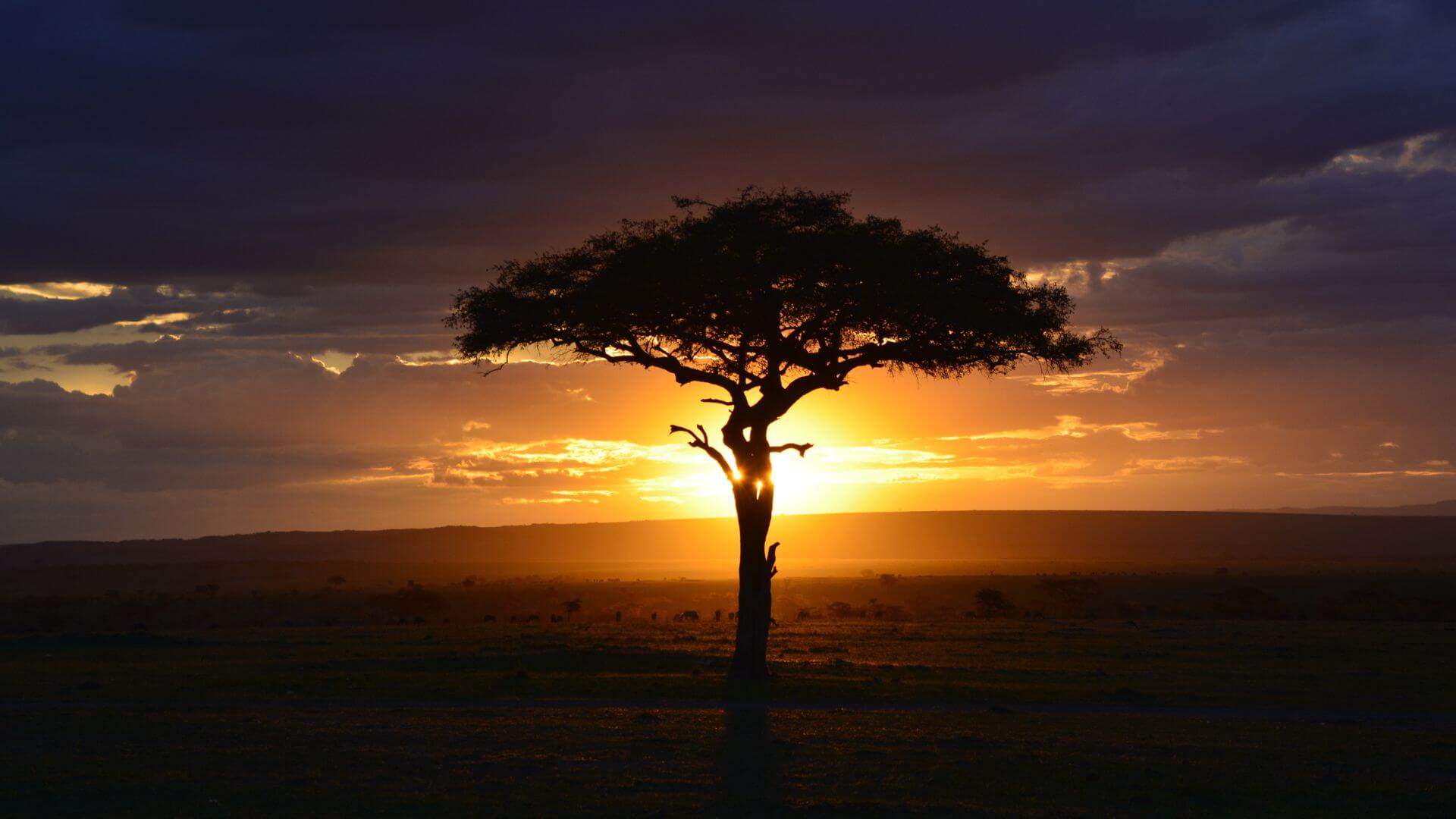Biography
Mohamed Adow is the visionary Founding Director of Power Shift Africa, a leading non-governmental organization and think tank based in Nairobi. With a mission to mobilize climate action across Africa, Power Shift Africa amplifies African voices in media and international forums.
Previously, Mohamed served as the Global Climate Policy Lead for Christian Aid, where he spearheaded the London-based NGO’s climate and energy strategy. He produced influential policy papers and briefings and led advocacy efforts targeting international decision-makers, significantly influencing global climate negotiations and sustainable development policies. During his tenure, Mohamed emerged as a key leader within Climate Action Network International and Action by Churches Together (ACT Alliance), staunchly supporting climate justice advocates from the Global South.
Earlier in his career, Mohamed was a Senior Programme Officer in East Africa for Christian Aid, and before that, Programmes Manager for Nairobi-based Northern Aid. His experience also includes pivotal roles with CARE International and Target on Pastoralists. Mohamed holds a B.A. in Environmental Studies from The Open University in the UK and an M.S. in Global Energy and Climate Change from the School of Oriental and African Studies at the University of London.
Growing up in a family of nomadic pastoralists in northern Kenya, Mohamed witnessed firsthand the devastating impacts of climate change. Persistent droughts decimated his community’s livestock, driving them to rely on humanitarian aid. These early experiences fueled his commitment to addressing the root causes of vulnerability and advocating for climate justice.
“If you fail to address the root causes of people’s vulnerability, you perpetuate suffering,” he says. “The food and cash handouts were doing precisely that, easing hunger but not slaying the real monster: climate injustices and historical marginalization.”
This insight propelled Mohamed into policy advocacy, where he quickly rose to prominence at Christian Aid, becoming an expert in climate justice issues, sustainable development, and energy transitions. He built strong relationships with a wide range of civil society organizations, particularly from the Global South, and together they worked to influence international decision-makers, elevating the voices of the most vulnerable.
While at Christian Aid, Mohamed played a pivotal role in creating the Pan-Africa Climate Justice Alliance (PACJA), which now comprises over 1,000 organizations across 48 countries. In 2018, he founded Power Shift Africa, aiming to drive transformative change across the continent.
“I grew up as a victim of climate change, but today I am on the frontlines of climate justice,” he proclaimed.
Breakthrough Program
Mohamed was selected for the Climate Breakthrough Award program in 2020.
Africa boasts geo-strategic and geo-economic power that needs to be better utilized to harness Africa’s untapped potential and propel it to the forefront of the global climate fight. Yet it’s the most vulnerable continent in the world to climate change, despite having contributed the least to the crisis and having the lowest emissions.
Mohamad wants to scale the emerging work of Power Shift Africa and use its wide networks to launch a groundbreaking initiative, called Africa Climate Energy and Development Programme (ACED). He will be mobilizing a comprehensive and multifaceted approach, instead of existing siloed structures, to empower the grassroots and engage all stakeholders from African governments to businesses to communities. ACED aims to ensure Africa charts a sustainable course, avoiding the mistakes of regions reliant on fossil fuels.
Discover More
- “My existence has been a complex combination of chance and predetermined outcomes, where optimism and pessimism have intertwined,” Mohamed Adow wrote about his life. Read in full.


